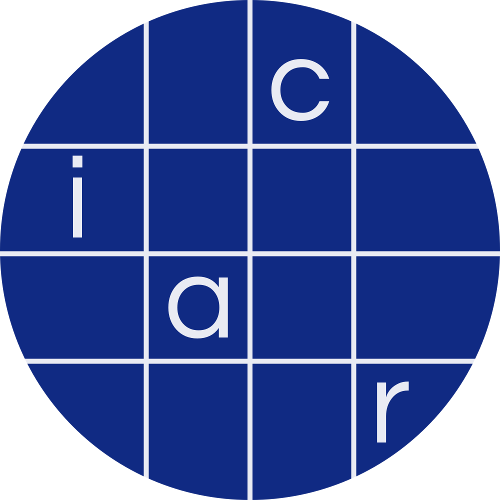Paper 2015/361
Computationally binding quantum commitments
Abstract
We present a new definition of computationally binding commitment schemes in the quantum setting, which we call "collapse-binding". The definition applies to string commitments, composes in parallel, and works well with rewinding-based proofs. We give simple constructions of collapse-binding commitments in the random oracle model, giving evidence that they can be realized from hash functions like SHA-3. We evidence the usefulness of our definition by constructing three-round statistical zero-knowledge quantum arguments of knowledge for all NP languages.
Note: Revision 2: Minor changes taking referee comments into account.; Revision 3: New proof that random oracles are collapsing & minor changes
Metadata
- Available format(s)
-
PDF
- Category
- Foundations
- Publication info
- A major revision of an IACR publication in EUROCRYPT 2016
- Keywords
- Quantum commitments computationally binding rewinding
- Contact author(s)
- unruh @ ut ee
- History
- 2022-12-19: last of 2 revisions
- 2015-04-23: received
- See all versions
- Short URL
- https://ia.cr/2015/361
- License
-
CC BY
BibTeX
@misc{cryptoeprint:2015/361,
author = {Dominique Unruh},
title = {Computationally binding quantum commitments},
howpublished = {Cryptology {ePrint} Archive, Paper 2015/361},
year = {2015},
url = {https://eprint.iacr.org/2015/361}
}
